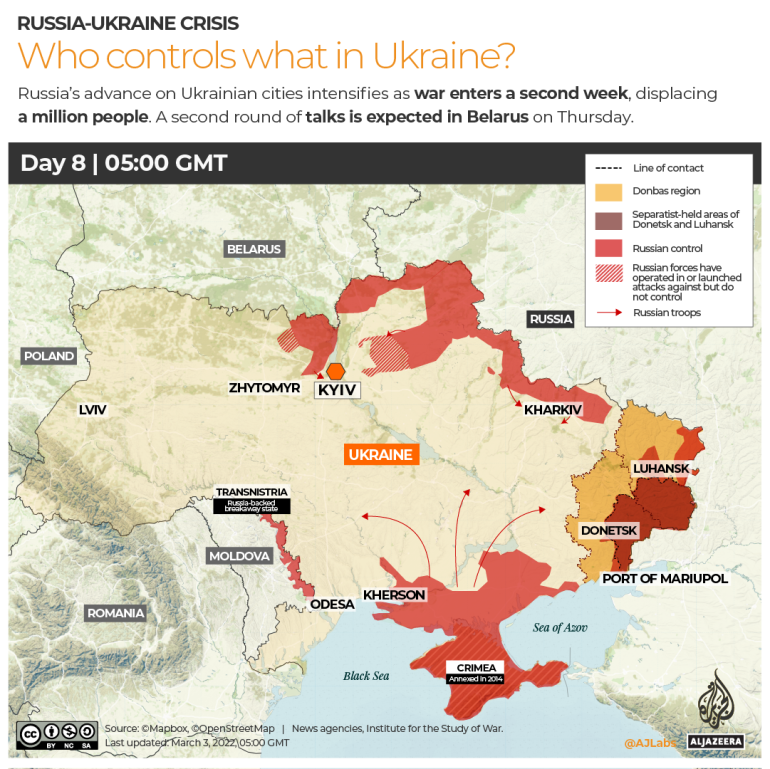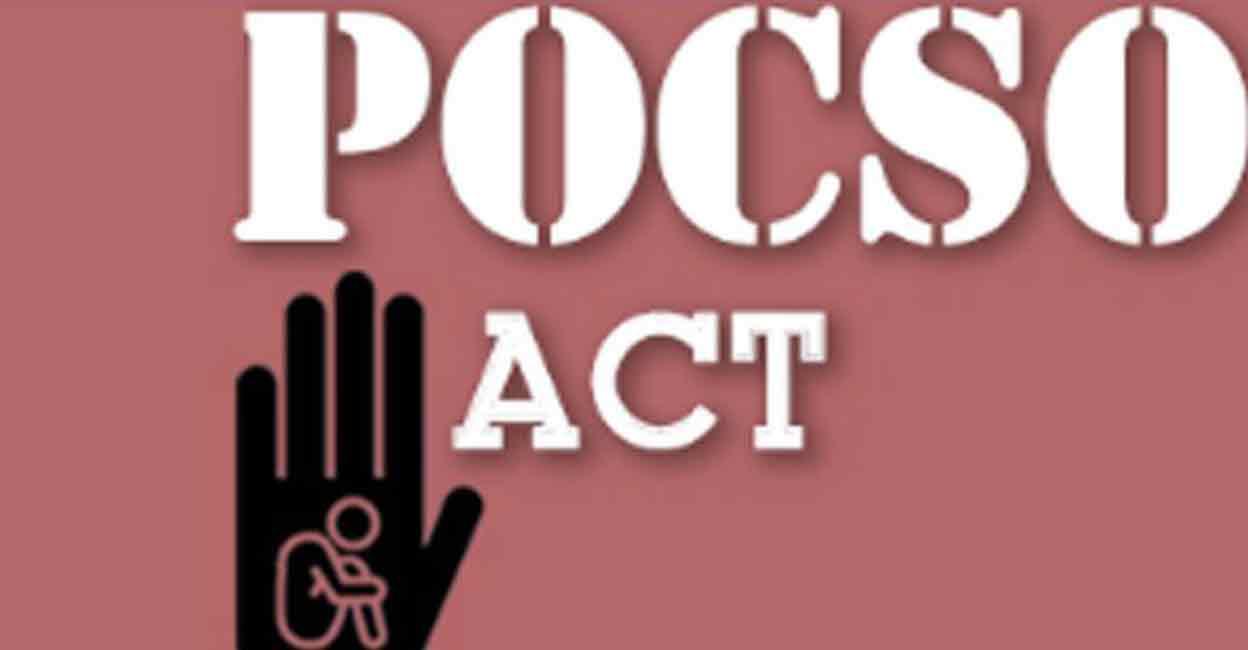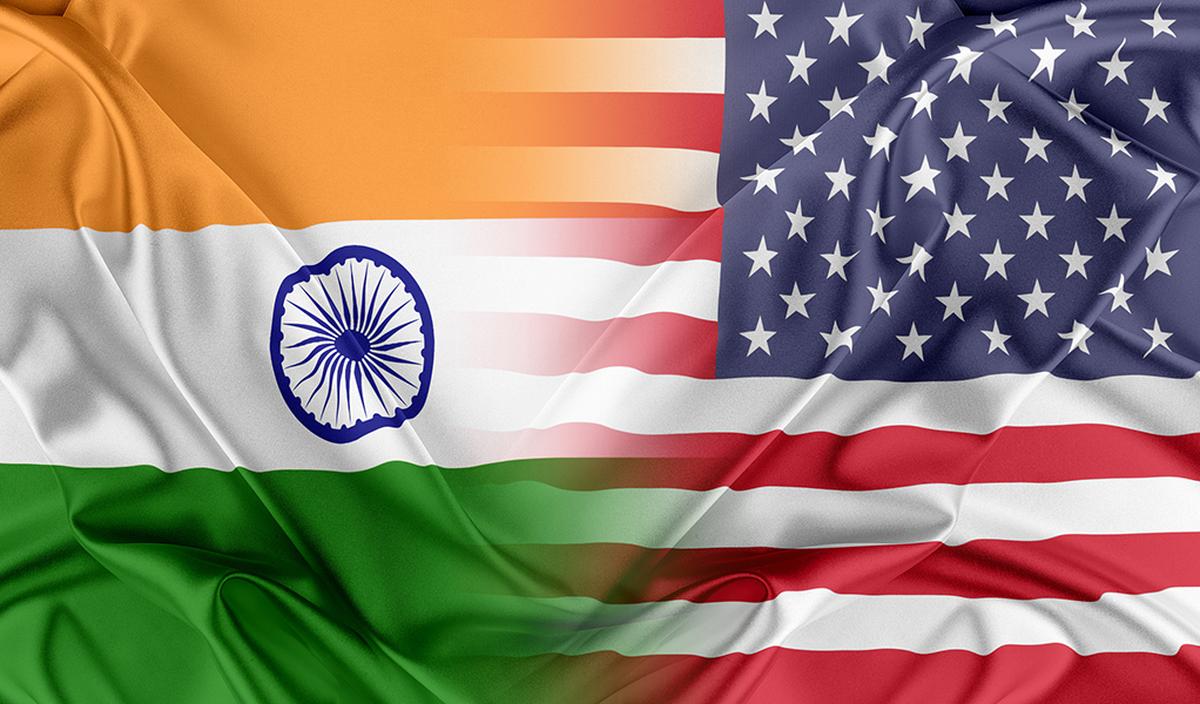Talking peace
News Context:
- Two years after Russia’s invasion of Ukraine, Switzerland has initiated a peace conference, gathering nations not aligned with the western coalition.
- India, being a close partner of Russia, a member of BRICS and SCO, a leader in the Global South, and aspiring to global leadership, is a prominent invitee.

The Peace Conference:
- Swiss Foreign Secretary Alexandre Fasel visited Delhi to extend India an invitation, highlighting its importance.
- Scheduled for June 15-16 in Bürgenstock, 50 out of 160 countries have confirmed their participation.
- Notably, Russia hasn’t received an invitation, and Fasel indicated a desire to engage “BICS” leaders to convey conference outcomes to Moscow.
- Despite Switzerland’s claim to neutrality, it has demonstrated alignment by imposing sanctions on Russia.
- New Delhi, maintaining its stance of not overtly criticizing Russia, has declined to join statements against Moscow and hasn’t weakened ties with the nation.
A minor girl victim support scheme that loses its way

Ministry of Women and Child Development introduced the “Scheme for Care and Support to Victims under POCSO Act, 2012” on November 30, 2023.
- Objective: The scheme aims to offer comprehensive support to minor pregnant girl victims, ensuring immediate access to emergency and long-term rehabilitation services.
Oversights and Inconsistencies
- Expanded Coverage: Originally targeting abandoned or orphaned pregnant girls, the scheme now encompasses all pregnant girl victims under 18 years, irrespective of their circumstances.
- Gender Neutrality: Notably, victims under Sections 4 and 6 of the POCSO Act can belong to any gender.
- Effectiveness Concerns: Concerns are raised regarding the effectiveness of the law, given that many cases involve consensual relationships among adolescents rather than exploitative situations.
- Selective Criteria: The scheme’s eligibility criteria now focus on pregnant girls who choose to continue their pregnancies or are denied medical termination by the court, potentially excluding others in need.
- Educational Focus: Suggestions are made to prioritize sexual and reproductive health (SRH) education and community-wide abuse prevention initiatives.
- Legal Misinterpretations: Misinterpretations regarding the authority of the Child Welfare Committee (CWC) in consenting to sexual assault medical examinations for children under 12 are highlighted.
Contrary to Rules
- CNCP Categorization: Contrary to existing rules, all pregnant girls under the scheme are automatically considered Children in Need of Care and Protection (CNCP), regardless of their familial support.
- Discrepancies with Laws: This contradicts Rule 4(4) of the POCSO Rules and Section 2(14) of the Juvenile Justice (Care and Protection of Children) Act, 2015 (JJ Act).
- Infant Surrender Contradiction: The scheme mandates placing surrendered infants in designated institutions until the mother reaches 18 years, conflicting with adoption regulations that lack age thresholds for surrender.
Monetary Implications
- Financial Burden: Given India’s high rates of child marriages and teenage pregnancies, the scheme’s financial burden on the government is expected to be significant.
- Payment Structure: Each eligible child under the scheme is entitled to an initial payment of ₹6,000 and a monthly stipend of ₹4,000 until the age of 21 or 23, as per Mission Vatsalya.
- Call for Revision: There’s a call for the Ministry of Women and Child Development to rectify the scheme’s flaws, ensuring alignment with existing legislation and protocols.
Renew the generalised system of preferences
Definition: GSP, utilized by most developed nations for approximately 50 years, incentivizes economic reforms in developing countries through tariff reductions.

Renewing GSP
- U.S. Program Status: Despite assurances of bipartisan support, the U.S. GSP program expired in 2020, leaving its future uncertain.
- Importance: GSP offers crucial market access for developing nations, particularly benefiting small businesses and women-owned enterprises by expanding their reach beyond domestic markets.
- Alternatives to Chinese Imports: Analysis suggests GSP provides alternatives to Chinese imports, giving advantages to suppliers in trusted developing country markets.
- Criteria for Reforms: GSP criteria encourage reforms in labor standards, environmental sustainability, and intellectual property rights.
- Supply Chain Objectives: In an era of friendshoring and nearshoring, GSP can aid in achieving new supply chain goals effectively.
U.S.-India Trade Relationship
- Potential Benefits: GSP renewal could pave the way for comprehensive U.S.-India trade negotiations, enhancing their bilateral trade ties.
- Previous Negotiations: Before GSP expiration, negotiations between the U.S. Trade Representative and Indian Ministry of Commerce and Industry were close to finalizing a broad agreement.
- FTA Negotiations: Despite India’s efforts to negotiate FTAs with various partners, clarity on a deal with the U.S. remains elusive.
- Lack of Leverage: Existing trade dialogues between the two countries lack the leverage needed for ambitious trade negotiations.
- Call for Ambition: Given the growing strategic partnership between the U.S. and India and their collaborative roles in the Indo-Pacific, there’s a need to elevate their trade relationship to higher levels.
Why was Purkayastha’s arrest invalidated?
Supreme Court’s Verdict: The Supreme Court intervened in the arrest of NewsClick’s founder, Prabir Purkayastha, under the UAPA, declaring his detention invalid due to procedural breaches.

- Grounds for Illegality: Purkayastha’s arrest was made under UAPA allegations of receiving funds from Chinese firms for pro-China propaganda, without providing him or his counsel with the grounds for arrest, violating his fundamental rights.
- Legal Precedent: Referring to the case of Pankaj Bansal versus Union of India (2023), the court stressed the necessity of furnishing written grounds of arrest to the accused, as mandated by Article 22(1) of the Constitution.
- Article 22 Stipulations: Article 22(1) ensures that an arrested person is promptly informed of the grounds for arrest and is entitled to consult and be defended by a legal practitioner of their choice.
Similar provisions exist in PMLA and UAPA, requiring grounds for arrest to be intimated to the accused.
Supreme Court’s Directive:
- The court ruled that provisions under PMLA and UAPA, derived from Article 22(1), necessitate providing written grounds of arrest to the accused.
- It emphasized that this requirement applies universally to all UAPA cases, aligning with the principles of constitutional safeguards.
Clarification on Terms:
The court distinguished between “reasons of arrest” and “grounds of arrest,” clarifying the necessity of informing the accused about both in writing.



